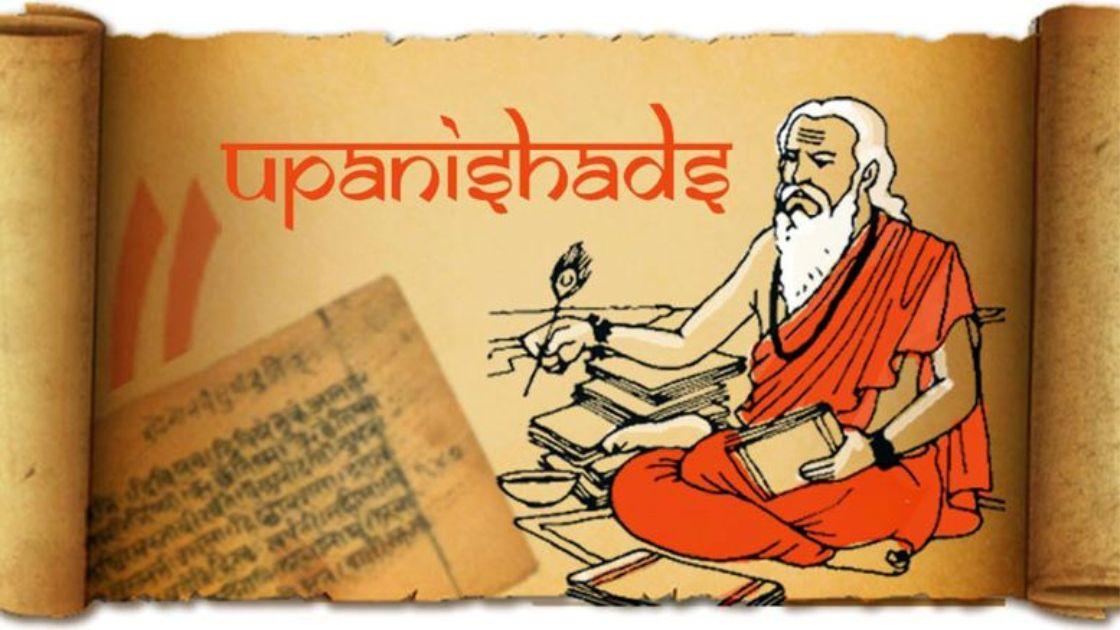Upanishads

The Upanishads are Hindu philosophical texts that are considered to be part of the Vedanta tradition, which is the end or final portion of the Vedas. They are considered to be the most important texts for understanding Hindu philosophy and spirituality. The Upanishads are concerned with the nature of reality, the self, and the ultimate goal of human life, and they propose a profound and mystical understanding of the universe. They offer insight into the relationship between the individual self (atman) and the ultimate reality or divine essence (Brahman), and propose that ultimate liberation (moksha) can be achieved by realizing the identity of the individual self with the divine essence. The Upanishads are considered to be the source of much of Hindu philosophical thought, and they continue to influence Hindu spirituality and practice to this day.
What is the content of the Upanishads?
The Upanishads are a collection of ancient Hindu texts that form part of the Vedanta tradition, which is concerned with the philosophical and spiritual interpretation of the Vedas. The Upanishads contain the core teachings of Hinduism, including its beliefs about the nature of reality, the ultimate goal of human life, and the path to spiritual liberation.
The content of the Upanishads can be divided into three main themes:
- The nature of reality: The Upanishads teach that the ultimate reality is the Brahman, which is infinite, eternal, unchanging, and indivisible. They also teach that the individual self (Atman) is essentially identical to the Brahman.
- The goal of human life: The Upanishads teach that the ultimate goal of human life is to realize the unity between the individual self and the ultimate reality (Brahman), which is referred to as moksha or liberation.
- The path to spiritual liberation: The Upanishads outline various methods for achieving spiritual liberation, including meditation, self-reflection, and the study of sacred scriptures. They also emphasize the importance of ethics, such as non-violence, truthfulness, and compassion, in achieving spiritual growth.
The Upanishads are considered to be some of the most important and influential texts in Hinduism, and their teachings continue to shape the spiritual and philosophical beliefs of Hindus all over the world
Related Links
Content Specific Keywords: upanishads meaning, upanishads pdf, upanishads pronunciation, upanishads meaning in hindi, upanishads quotes, upanishads are books on, upanishads vs vedas, upanishads meaning in tamil, upanishads in telugu, upanishads summary, how many upanishads are there, vedas and upanishads, 108 upanishads pdf, who wrote upanishads, list of upanishads, what are the main teachings of the upanishads, 10 upanishads, how to pronounce upanishads, upanishads books, upanishads meaning in history.

